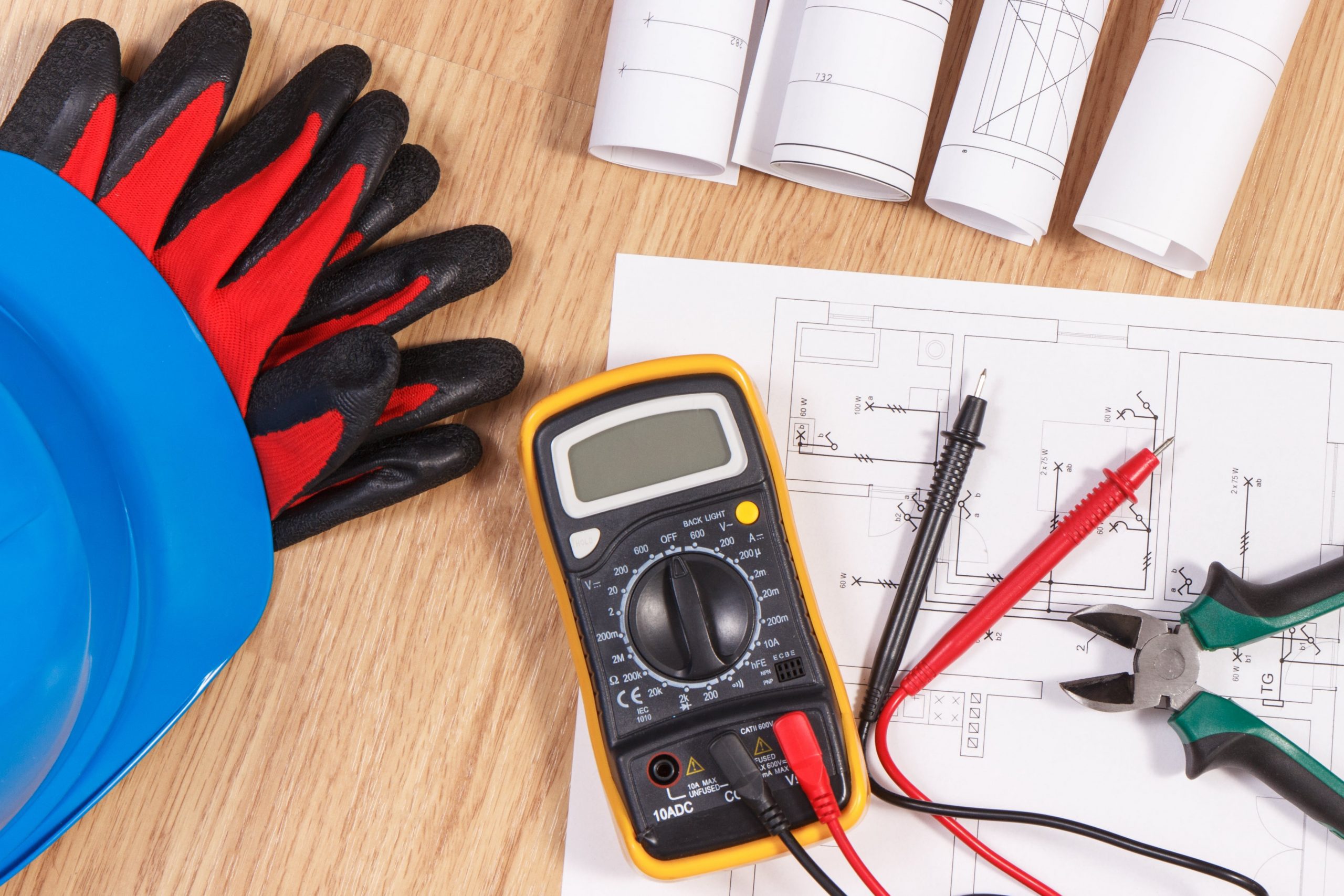Introduction
Electrical safety is a paramount concern that often goes overlooked in the hustle and bustle of daily life. At Ghareka, we understand the critical importance of safeguarding your home against electrical hazards to protect your loved ones and your property. This blog delves into the essence of electrical safety, highlighting the dangers of electrical hazards and offering practical advice on preventing electrical accidents.
Understanding Electrical Hazards
What is an Electrical Shock?
An electrical shock occurs when a person comes into contact with an energy source, allowing electrical current to flow through the body. This can lead to serious injuries or even fatalities, emphasizing the need for electrical safety in your home.
What Causes Electrical Short Circuits?
An electrical short circuit happens when an abnormal connection forms between two nodes of an electric circuit, leading to excessive current flow. This phenomenon is a common cause of electrical fires and equipment damage, raising the question: when does an electric short circuit occur? Typically, it results from faulty wiring, damaged insulation, or overloading circuits.
The Signs of Electrical Problems
Recognizing the signs of electrical problems is crucial for maintaining a safe environment. These signs include frequent circuit breaker trips, flickering lights, and unusual buzzing sounds from electrical panels. Early detection and intervention can prevent more severe issues down the line.
Essential Electrical Safety Tips
To enhance electrical safety in your home, consider the following tips:
- Use GFCI Outlets in Wet Areas: Ground Fault Circuit Interrupters (GFCI) outlets are crucial in areas prone to moisture, such as bathrooms and kitchens, providing short circuit protection in the home.
- Never Overload Outlets or Circuits: Overloading can lead to overheating and potentially cause fires. Ensure that your electrical load is distributed evenly and within the capacity of your circuits.
- Regularly Inspect and Maintain Electrical Cords and Appliances: Frayed cords and faulty appliances can pose significant risks. Regular checks can help identify and rectify potential hazards.
- Don’t Tamper with Electrical Wiring: DIY electrical work can be dangerous. Always seek professional assistance for wiring projects.
- Turn Off Appliances and Electronics When Not in Use: This not only conserves energy but also reduces the risk of electrical fires.
- Hire a Qualified Electrician for Any Electrical Work: Professional electricians have the expertise to safely install, repair, and maintain electrical systems, ensuring your home’s safety.
Additional Safety Measures
Beyond the essential tips, consider these additional safety measures:
- Install Surge Protectors: Surge protectors safeguard your appliances and electronics from voltage spikes, preventing damage and potential fire hazards.
- Use Caution When Working Around Electrical Equipment: Always assume that wires and equipment are live. Use appropriate protective gear and tools when handling electrical components.
- Teach Children About Electrical Safety: Educating children on the dangers of electricity and establishing clear safety rules can prevent accidents and ensure their well-being.
Conclusion
Adhering to electrical safety tips is not just about preventing accidents; it’s about creating a secure and shock-proof environment for you and your family. As a leading home construction company, Ghareka is committed to promoting safety and awareness, ensuring that your living space is not only beautiful but also safe. Remember, electrical safety in your home starts with awareness and is maintained through diligence and proper care. Let’s work together to keep our homes safe and protected from electrical hazards

